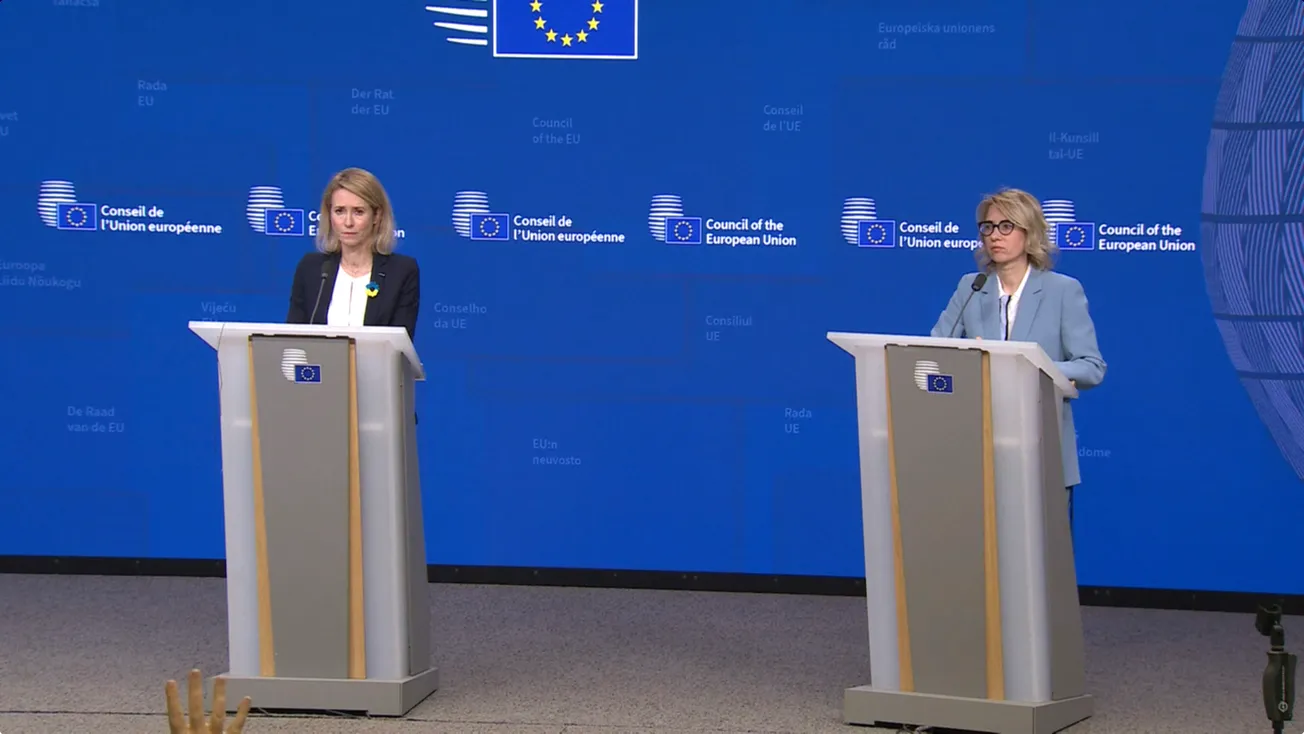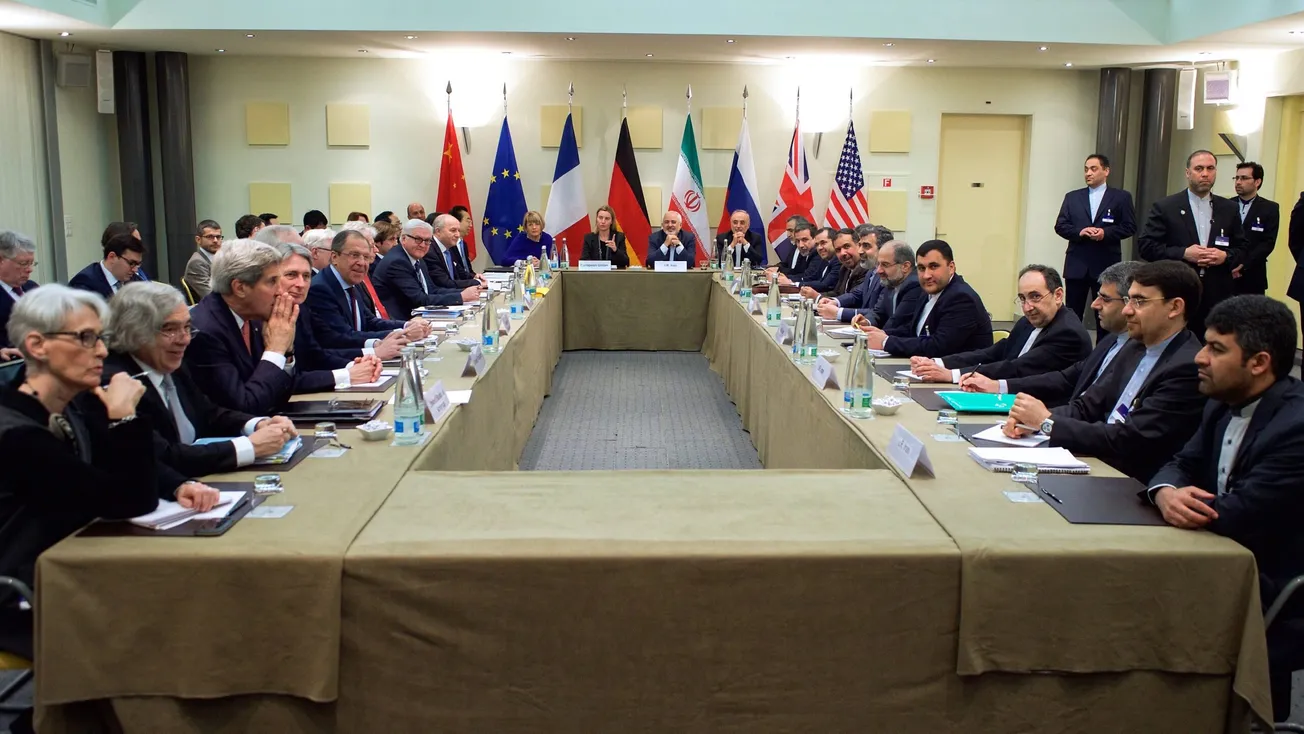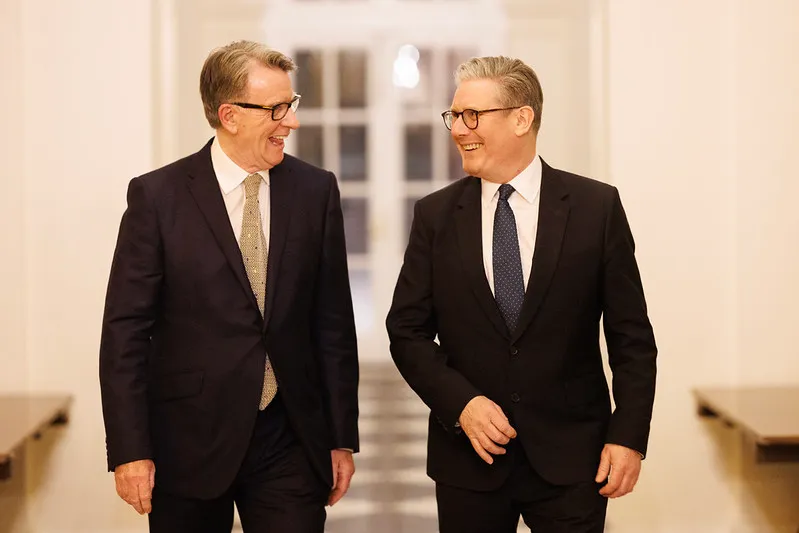NATO allies were right to stay cool on Polish missile incident, and Ukrainian President Zelenskyy “made a rare misstep in painting the accident as a Russian missile attack,” The Economist wrote in a “Leaders” comment Nov. 16. However, the missile incident cannot be taken as excuse to get cold feet and push for negotiations, just because a NATO-Russia war would be so dangerous, London’s imperial weekly rag instructed; NATO must not back down.
The Economist singles out Gen. Mark Milley’s comparison of the correlation of forces on the Ukrainian battlefield today to the “stalemate” warfare of World War I, and his suggestion that Ukraine should consider negotiations with the Kremlin, as evidence that “some American officials are showing signs of nerves.”
Milley’s “diagnosis and prescription are both flawed. Russia’s army is in dire shape and on the retreat…. Russia needs a pause. It should not be given one. For Ukraine to press its advantage, it requires a steady supply of Western arms, ammunition and equipment,” the editors write. Among the “bold steps” they demand: send in air defense systems, German Leopard tanks, Sweden’s Gripen fighter jets. Biden has requested another $37 billion in aid for Ukraine; it’s time Europe steps up, too.
The Economist calls their strategy “jaw, jaw and war, war.” That is, maintain channels of communication with Russia (because Putin might “escalate with nuclear weapons” when faced with setbacks), while ruling out a diplomatic settlement for now, because “a ceasefire now would be deeply disadvantageous to Ukraine.… This is not the moment to let up.” (https://www.economist.com/leaders/2022/11/16/russia-needs-a-respite-so-the-west-must-help-ukraine-fight-on)




